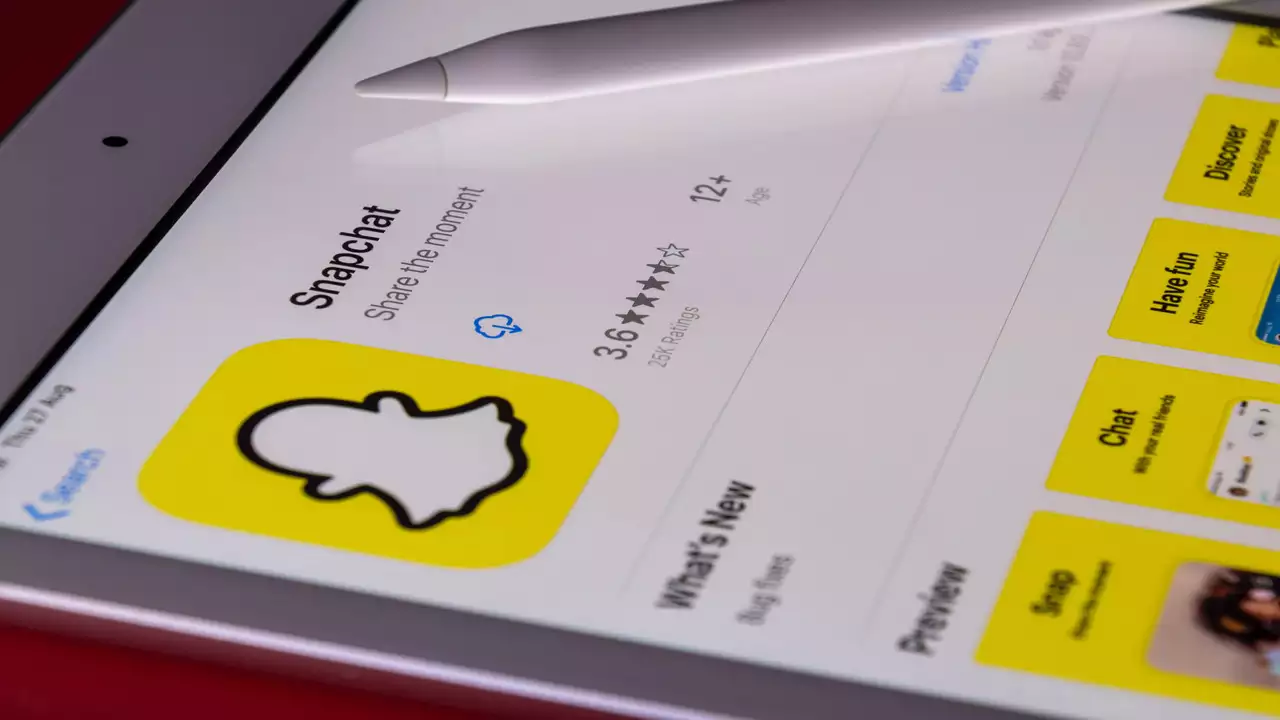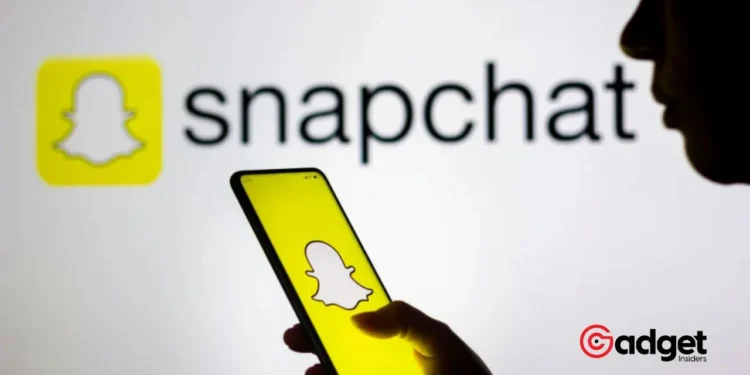In the ever-evolving landscape of social media, Snapchat’s latest move to adjust its friend-ranking feature, dubbed the “Solar System,” sparks a new conversation about digital intimacy and the psychological impacts of such platforms on its predominantly young user base.
The decision to demote this controversial function comes in the wake of mounting evidence that it was more than just a digital gimmick—it was altering the very fabric of relationships among teens.

The Unraveling of Digital Bonds
The “Solar System” feature, a hallmark of the Snapchat+ subscription service, assigned planetary designations to friends based on the frequency of their interactions. This celestial hierarchy, ranging from Mercury for the closest friend to Uranus indicating a more distant connection, intended to mirror the depth of relationships in a visually engaging manner. However, the fallout from this digital demarcation of friendship was palpable and profound.
Snapchat’s realization that the feature might be “fueling insecurity among its teen-heavy audience” led to a significant backtrack. The app’s creators acknowledged the double-edged sword of such rankings, stating, “even though it can feel good to know you are close to someone, it can also feel bad to know that you aren’t as close to a friend as you’d like to be.” This candid admission underlines the complex dynamics of online interactions, where visibility and ranking can inadvertently breed comparison and discontent.
Snapchat walks back friend-ranking feature blamed for ruining relationships https://t.co/nBAKbaU32K pic.twitter.com/YEDsRaE8iP
— New York Post (@nypost) April 9, 2024
The Impact on Teen Relationships
The narrative of Callie Schietinger, a 15-year-old from Yorktown, NY, illustrates the real-world implications of Snapchat’s digital experiment. The revelation that her boyfriend was ranked as Neptune—suggesting a cooler, more distant relationship—triggered a cascade of emotions and eventual relationship breakdown. This anecdote is not isolated. Several users reported similar stories where the Solar System rankings strained friendships and romantic connections, highlighting the tangible consequences of virtual indicators of closeness.
Navigating the Digital Dilemma
Snapchat’s decision to make the Solar System feature opt-in rather than automatic is a step towards mitigating the unintended consequences of their design. This move, along with their commitment to “further evaluate the feature,” signals a growing recognition of the responsibility social media platforms have in shaping the mental health and social dynamics of their users. The controversy also sheds light on the broader debate around social media’s role in exacerbating mental health issues among teens, a concern that has led to lawsuits against several major platforms, including Snapchat.

The Path Forward for Snapchat
As we delve deeper into the digital age, the challenge for social media companies to balance innovation with the well-being of their users has never been more critical. Snapchat’s recent adjustment serves as a reminder of the powerful influence these platforms wield over social connections and mental health. It also prompts a broader reflection on how digital spaces can be designed with empathy and awareness, ensuring that they enrich rather than undermine the complex tapestry of human relationships.
In the wake of this controversy, the conversation around digital wellness and the ethics of social media design is likely to gain momentum. As users, developers, and observers grapple with these issues, the hope is for a more nuanced understanding of digital intimacy, one that recognizes the potential of technology to connect us while being mindful of the shadows it can cast over our relationships and well-being.










